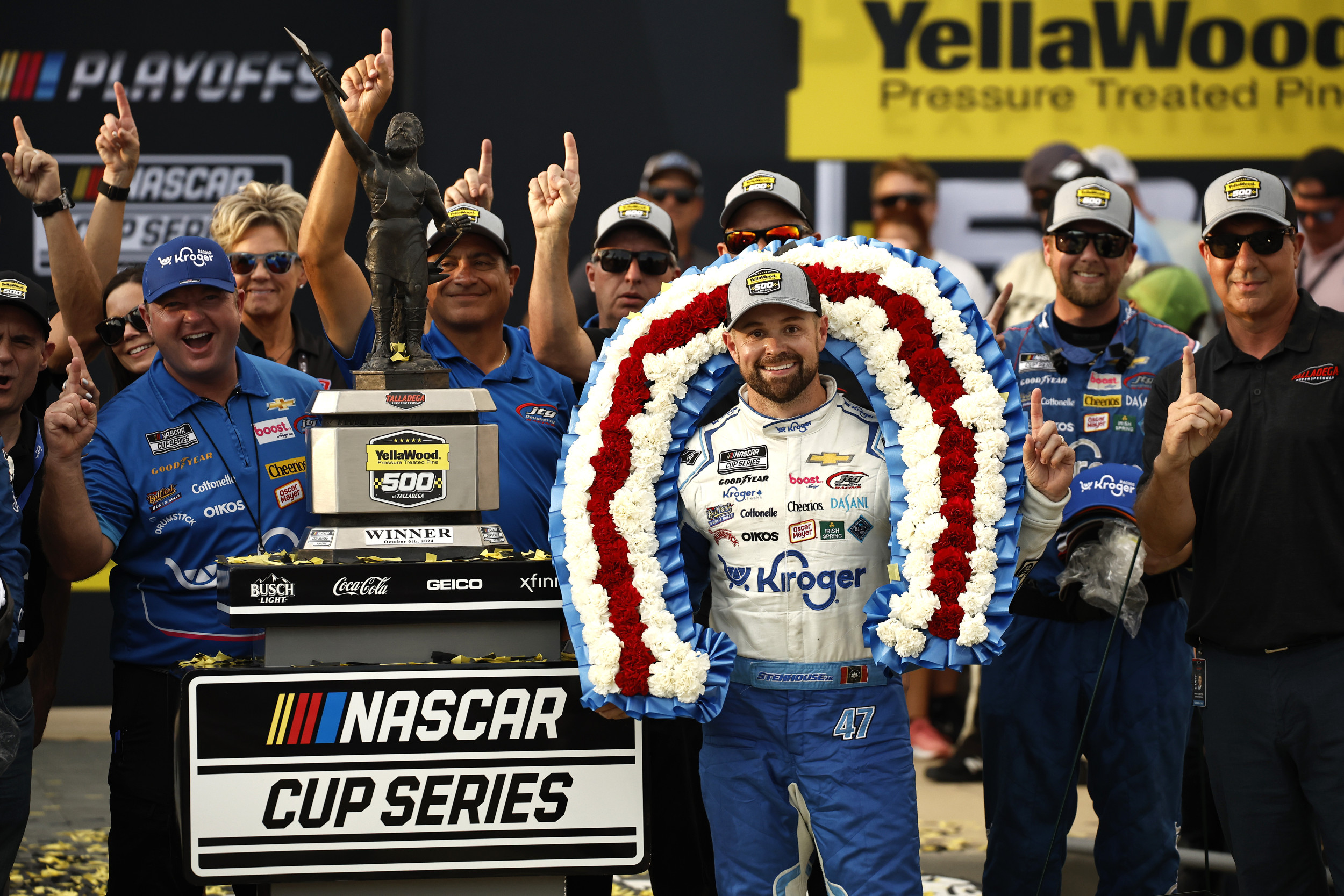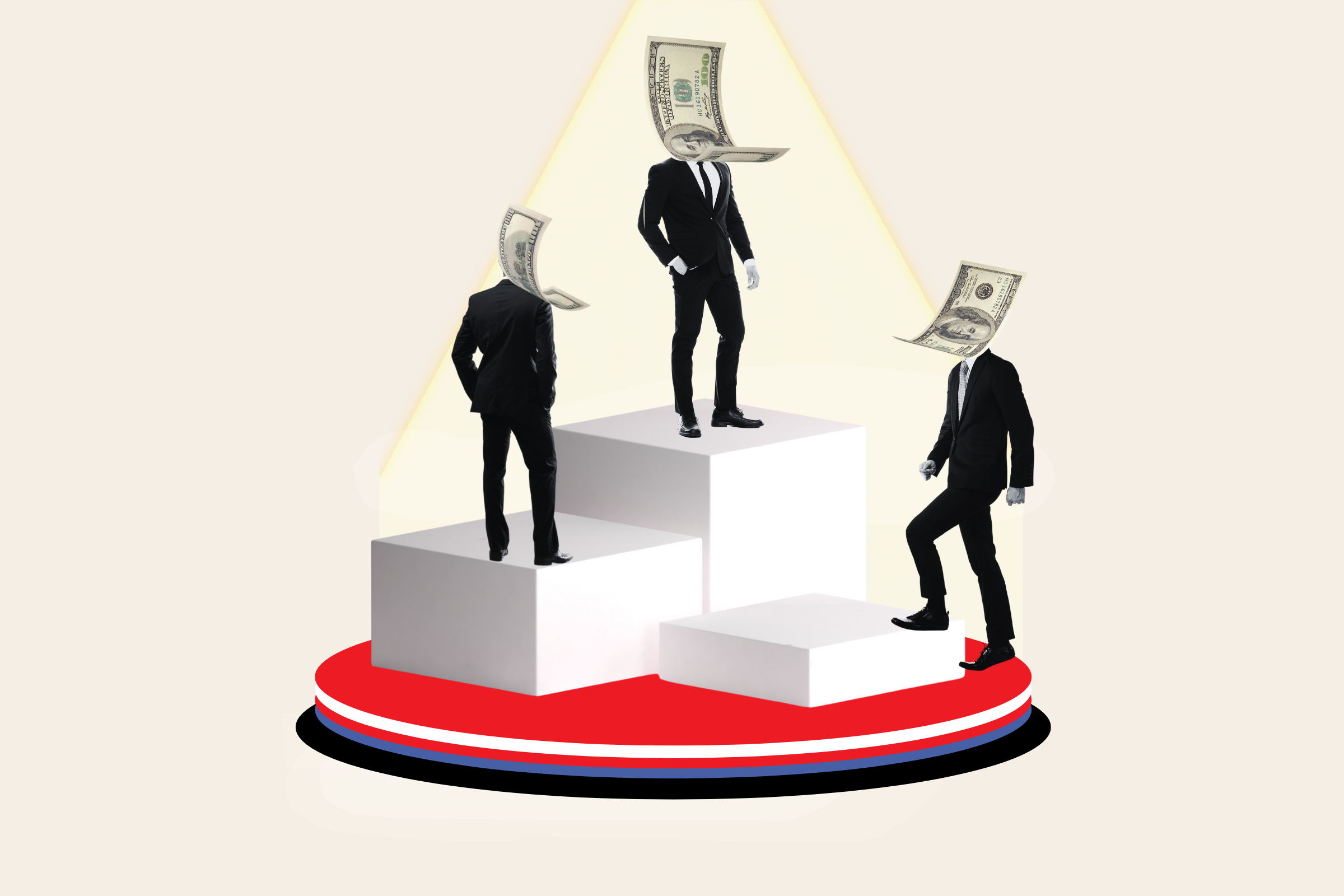DirecTV announced this week that it is cancelling its merger with Dish due to concerns over a debt swap by bond holders.
The agreement hinged on Dish bondholders accepting a debt swap, which would have required them to exchange their existing holdings for new debt in the restructured company—a move that would have collectively cost them approximately $1.6 billion.
DirecTV Efforts to Acquire Dish
DirecTV's withdrawal this week appears to mark the end of its years-long pursuit to acquire both Dish and Sling, following its initial bid in September.
DirecTV had proposed acquiring Dish TV and Sling TV from EchoStar in a deal involving a $1 payment and the assumption of roughly $9.8 billion in debt. The transaction depended on multiple conditions, including regulatory approval and bondholders agreeing to write off debt associated with Dish.
"DirecTV operates in a highly competitive video distribution industry," DirecTV CEO Bill Morrow said in a statement in September. "With greater scale, we expect a combined DirecTV and Dish will be better able to work with programmers to realize our vision for the future of tv, which is to aggregate, curate, and distribute content tailored to customers' interests, and to be better positioned to realize operating efficiencies while creating value for customers through additional investment."
Speculation about a potential merger between DirecTV and Dish has persisted for years with negotiations periodically resurfacing. The two companies nearly combined more than two decades ago, but the Federal Communications Commission blocked the $18.5 billion deal at the time, citing antitrust concerns.

Merger Canceled
In a statement on Thursday, Morrow said, "While we believed a combination of DIRECTV and DISH would have benefitted all stakeholders, we have terminated the transaction because the proposed Exchange Terms were necessary to protect DIRECTV's balance sheet and our operational flexibility."
"DIRECTV will advance our mission to aggregate, curate, and distribute content tailored to customers' interests by pursuing innovative products and providing customers with additional choice, flexibility, and control. We are well positioned for the future with a strong balance sheet and support from our long-term partner TPG," the CEO added.
The pay-TV landscape has changed dramatically in recent years, with traditional satellite services facing declining demand as consumers increasingly turn to online streaming platforms for entertainment.
DirecTV announced plans to focus on next-generation streaming platforms, introducing new packaging options and integrating live TV with direct-to-consumer streaming services.
AT&T acquired DirecTV in 2015 for $48.5 billion. After losing millions of customers, the telecom giant sold a 30 percent stake in the business to private equity firm TPG in 2021 for $16.25 billion.
The collapse of the deal does not affect TPG's planned acquisition of AT&T's remaining 70 percent stake in DirecTV for approximately $7.6 billion, a transaction expected to finalize next year.
This article includes reporting from The Associated Press.




















 English (US) ·
English (US) ·